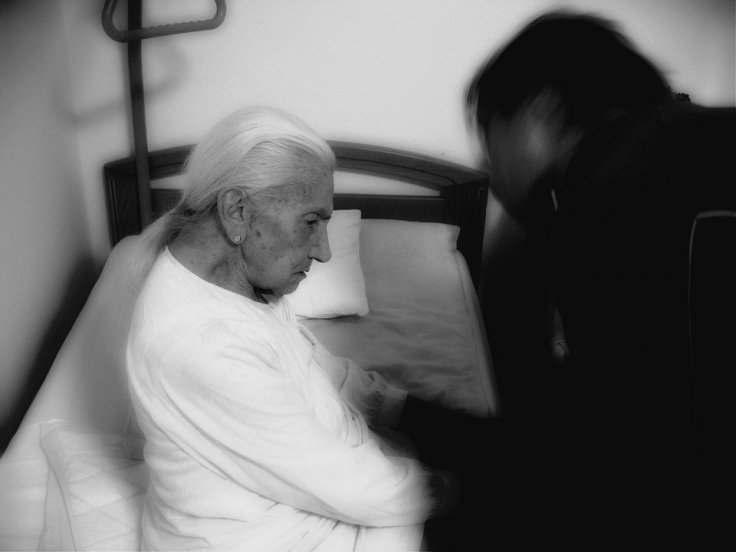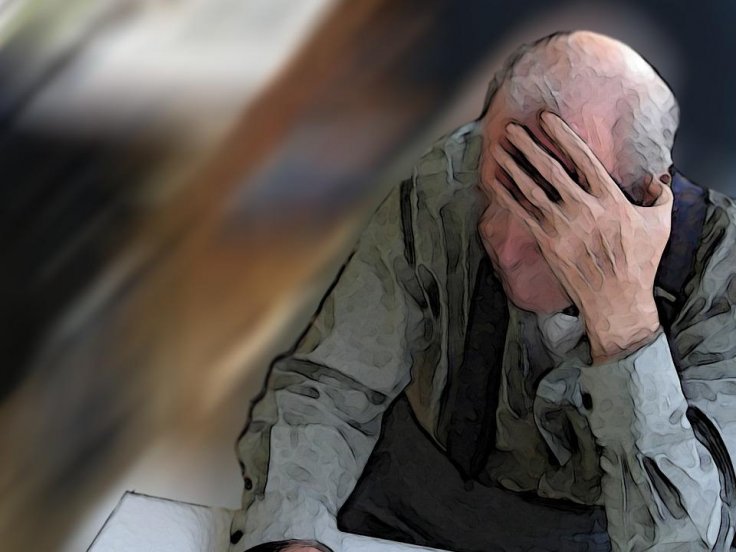A team of British researchers have developed a non-invasive and portable test to improve early detection for dementia and Alzheimer's disease.
Developed by researchers from the universities of Bath and Bristol, the 'fastball' test is passive, completely non-invasive and measures patients' brain waves whilst they watch a series of flashing images displayed on a screen.

Dementia is typically diagnosed too late, at a point at which the disease has damaged the brain beyond repair. This can be up to 20 years after dementia first started to develop.
Current diagnosis often relies on a series of subjective questions to test a person's memory, which is limited and can be impacted by a person's education, language skills or nervousness.
Fastball is a passive test, meaning the person doing the test does not need to understand the task or be aware of their memory response. Crucially, it is also portable, meaning that diagnoses in the future could be carried out anywhere, including in a patient's home.
By testing more people earlier and more regularly, the team believes it could help lower the age of diagnosis by up to five years in the short-term and by more in the future.

"Quicker, more accurate ways to diagnose dementia are greatly needed so that patients can get treatments earlier and families can plan better for the future, which is why we are so excited for the potential of Fastball EEG," said Dr George Stothart, the project co-lead and a cognitive neuroscientist based in the Department of Psychology at the University of Bath.
"A quick, easy-to-administer memory test, like Fastball, could transform a patient's journey to diagnosis. As we adopt new treatments into clinical practice, we will need to scale-up our ability to diagnose people at an early stage of Alzheimer's and avoid language barriers. Fastball offers the opportunity to improve Alzheimer's diagnosis equitably," added Dr Liz Coulthard, Associate Professor in Dementia Neurology at the University of Bristol.
The scientists testing the device have been awarded a 1.5 million pound funding boost by the National Institute for Health and Care Research.








